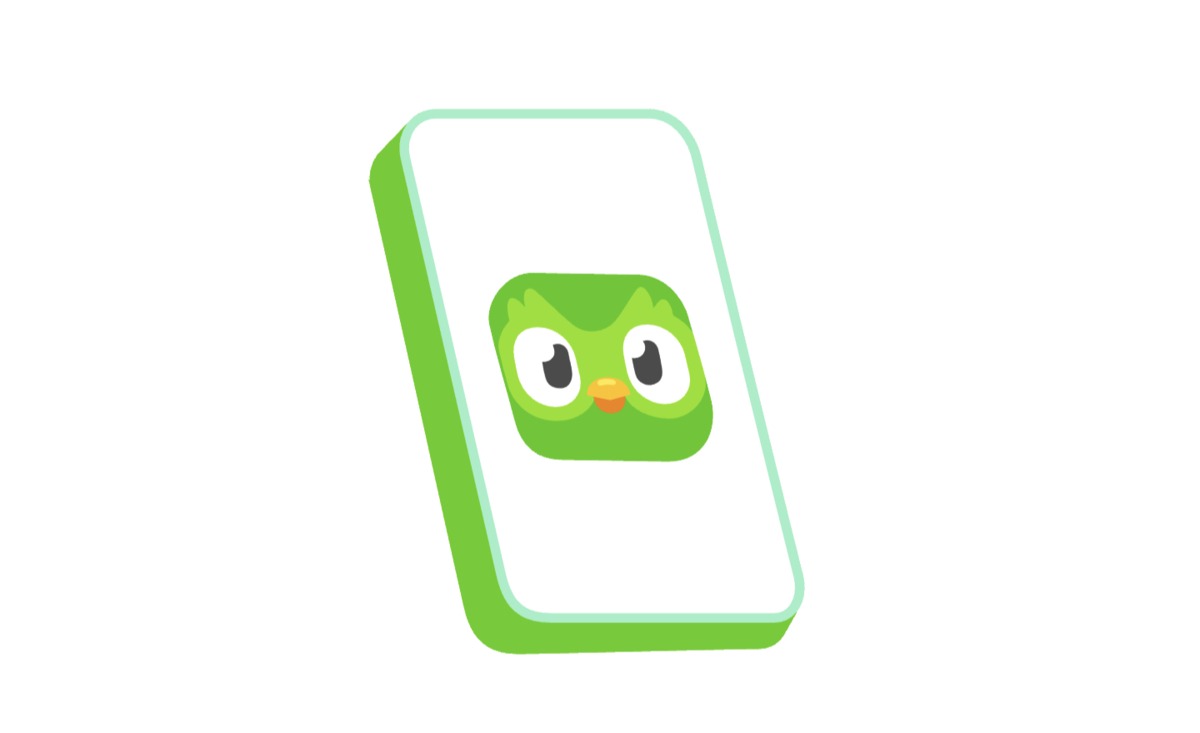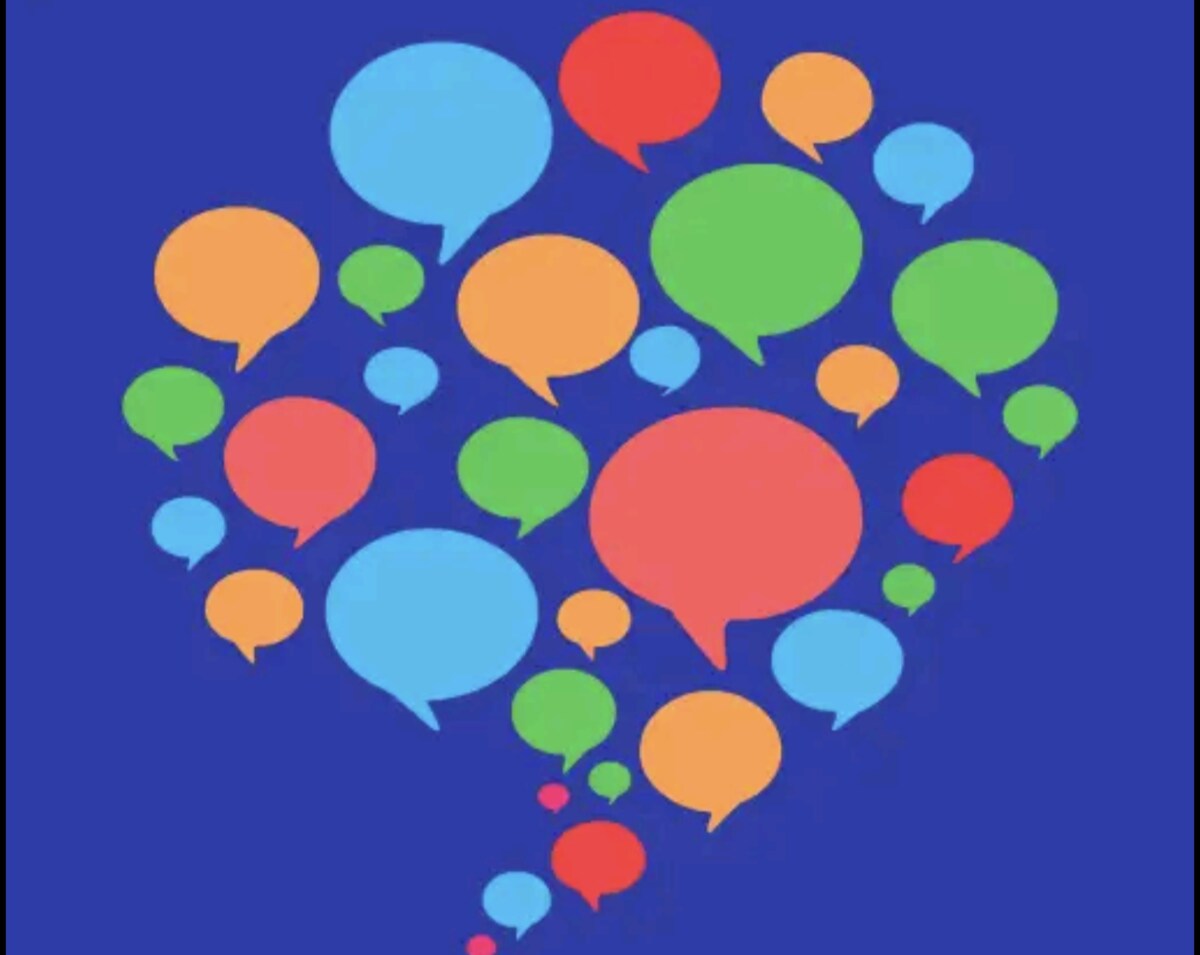As we delve into the era of digital fluency, the way we learn has evolved in tandem. Amidst this metamorphosis, mobile applications have emerged as a revolutionary tool, particularly in the realm of language learning and bizzo casino Australia. These platforms promise fluency at our fingertips, catering to the fast-paced lifestyle of the modern-day learner. However, the efficacy of these apps varies greatly, and the learner’s ultimate success depends largely on the choice of application. Most of the apps you can use free of charge, or offer after a while a premium prescription for their next courses. But are language apps really more useful to learn a language than school classes or traditional evening courses? It is well known that the best way to get into a language is to live in this country. However, this is not always possible and also a huge step for most of the people to just move abroad in order to learn another language.
Mobile apps to learn a language
Duolingo

Duolingo, arguably the most recognized name in the field, offers an engaging, gamified approach to language learning. The app encompasses a plethora of languages, from the commonly spoken French and Spanish to the niche, such as Hawaiian and Esperanto. Duolingo’s approach combines listening, speaking, reading, and writing exercises, ensuring comprehensive linguistic development. Yet, it falls short in terms of authentic conversational practice and nuanced cultural insights. The app proves to be an excellent starter but lacks the depth required for advanced learning.
Rosetta Stone
Rosetta Stone, a seasoned player in the language learning sphere, stakes its claim on a more immersive methodology. The program shuns direct translation, opting instead for connecting words with images, mimicking the natural language acquisition process. It excels in its thoroughness and attention to pronunciation via its patented speech-recognition technology. However, its heavy emphasis on full immersion might be overwhelming for absolute beginners. Also, it’s notably more expensive than its competitors, making it less accessible for the budget-conscious learner.
Babbel
Babbel, another major contender, strikes a balance between Duolingo’s gamified learning and Rosetta Stone’s immersive technique. It offers real-life dialogues, grammar lessons, and review activities. Babbel’s strength lies in its practical approach, with each lesson tailored around real-world situations. However, the limited number of languages available might disappoint some users, and the lack of a free version could deter potential learners.
Memrise
Then there is Memrise, an app that leverages spaced repetition and mnemonic devices to help users remember vocabulary. It includes videos of native speakers, providing much-needed exposure to real-life conversations. Nonetheless, its grammatical instruction is not as exhaustive as other platforms.
HelloTalk

HelloTalk provides an innovative solution by connecting language learners with native speakers. Its premise is simple – ‘teach what you know, learn what you don’t.’ It promotes language exchange, facilitating an authentic, immersive experience. However, as it relies on user interaction, the learning pace can be inconsistent, and quality interactions aren’t guaranteed.
THE CHOICE IS YOURS
Each language learning app comes with its strengths and limitations. Duolingo and Babbel provide engaging, structured lessons, Rosetta Stone offers full immersion, Memrise aids vocabulary retention, and HelloTalk delivers authentic conversation. However, these apps should not be perceived as standalone language learning solutions but as supplementary tools. They cannot entirely replace the depth of learning provided by traditional methods, such as in-person instruction or cultural immersion. Moreover, the most effective application is ultimately determined by individual learning styles, commitment, and goals. Nonetheless, these apps represent a significant stride in the democratization of language learning, bringing multilingualism closer to our grasp. So depending on what you expect or the best way for you to learn a language you can choose the right application for you.